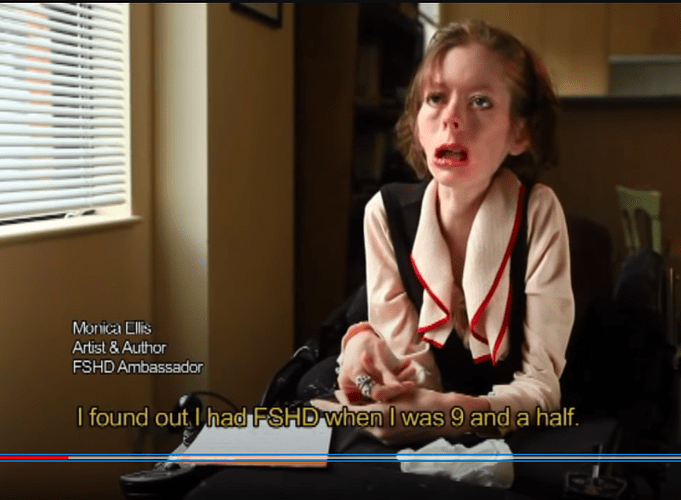Hello Everyone, This is Karan here from Ahmedabad. I was diagnosed with Facio scapulo humeral muscular dystrophy (FSHD) when I was 15. FSHD is a type of Muscular Dystrophy characterized by progressive muscle weakness, mainly affecting the face, scapular stabilizers, upper arms, and lower legs. Over time, the condition worsens, sometimes leading to wheelchair dependency.
Unfortunately, FSHD even affects a person’s ability to smile due to weakness in the facial muscles. While my facial, arm, and shoulder muscles are affected, I’m fortunate enough to be able to drive, walk, eat, and carry out my daily activities independently.
However, I’ve seen children in wheelchairs who need external assistance and lifelong support for their daily needs. My mother is also affected by FSHD, and it has progressed to the point where walking is challenging for her due to weakness in her back and leg muscles.
I’m in touch with the “FSHD Society,” fshdsociety.org is a foundation dedicated to supporting individuals with FSHD. They’re actively working to push for medical research on FSHD treatment. After watching their Parent’s roundtable Youtube sessions, my understanding is that researchers are facing challenges in recognizing the patterns of the disease, as some patients are wheelchair-bound from an early age, while others are affected later in life. Additionally, medical research in this field hasn’t received enough attention from governments, health organizations, and pharmaceutical companies.
Especially considering the impact on children, they have to suffer a lot so it’s difficult to understand why FSHD and other types of muscular dystrophies are not a priority. (Patient interview: FSH Muscular Dystrophy - YouTube)
FSHD is a genetically inherited disorder that can be passed down through several generations. In some cases, children are diagnosed with muscular dystrophy when their parents appear completely normal. The lack of a clear pattern makes it challenging to trace the origins of the gene and find treatment. They sent my report to Germany because, In India, we don’t have testing tools for genetic testing of FSHD, and we rely on sending samples to labs in other countries, which incurs high costs (Approx Rs.50-80K / report).
The assistance I’m seeking from this community is to kindly share this information with NGOs, labs, or individuals who have the potential to bring much-needed attention and resources to expedite research on FSHD and other muscular dystrophies. By accelerating the development of treatments, we can help alleviate the suffering faced by children in the coming generations due to such diseases. Your support in spreading awareness could make a significant difference. Thank you for your consideration.
Feel free to DM me if any other information is required from my end.
